EU Monitor - Attend the launch of the Oath to Society
The EAHP EU Monitor is a regular round up of news relevant to hospital pharmacy in Europe.
EAHP-ESCP Oath to Society Launch Event
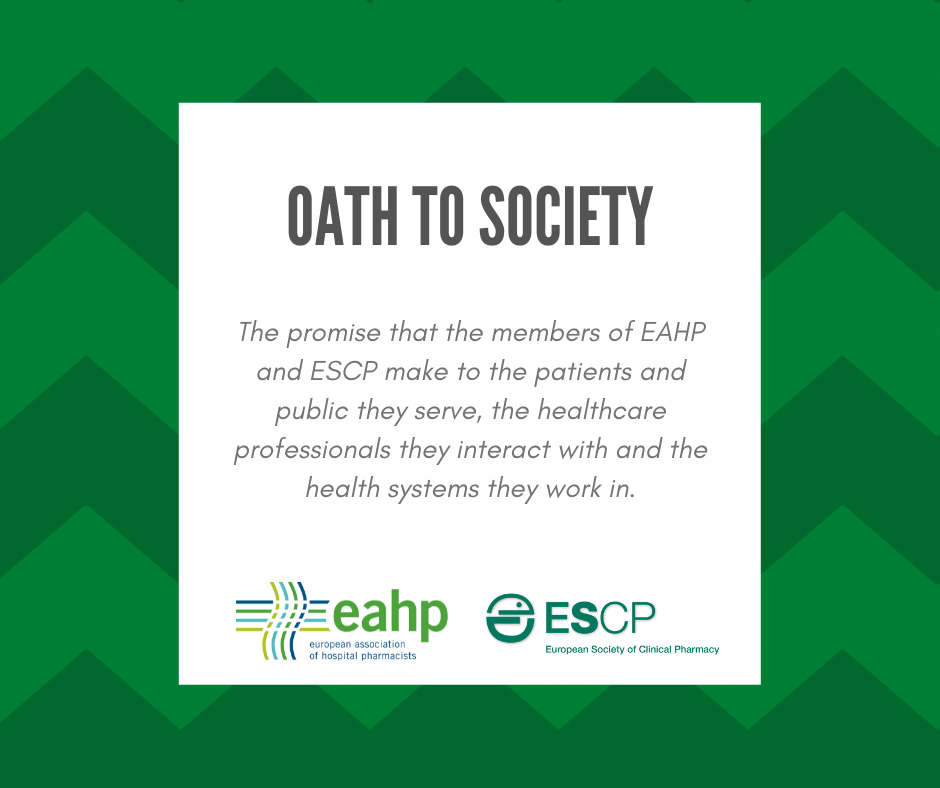
The European Association of Hospital Pharmacists (EAHP) and the European Society of Clinical Pharmacy (ESCP) invite you to join the Oath to Society Launch Event, taking place on the 12th of October 2021 from 11.30 to 13.30 CEST, at the Press Club Brussels Europe (Rue Froissart 95, 1000 Brussels, Belgium).
The Oath to Society is the promise that the members of EAHP and ESCP make to the patients and public they serve, the healthcare professionals they interact with and the health systems they work in. The panel discussion will provide an opportunity to reflect on the Oath to Society, the wider contributions of clinical and hospital pharmacists and the viewpoints of key stakeholders.
Registration for this event is free of charge but mandatory. Please note that due to the current COVID measures, seating availability is limited and registrations will be accepted on a first-come, first-served basis. You will receive an email confirming your registration.
Register HERE for the EAHP-ESCP Oath to Society Launch Event
Learn more about the Launch Event HERE
#EAHP2022 – Submit your abstract by the 15th of October
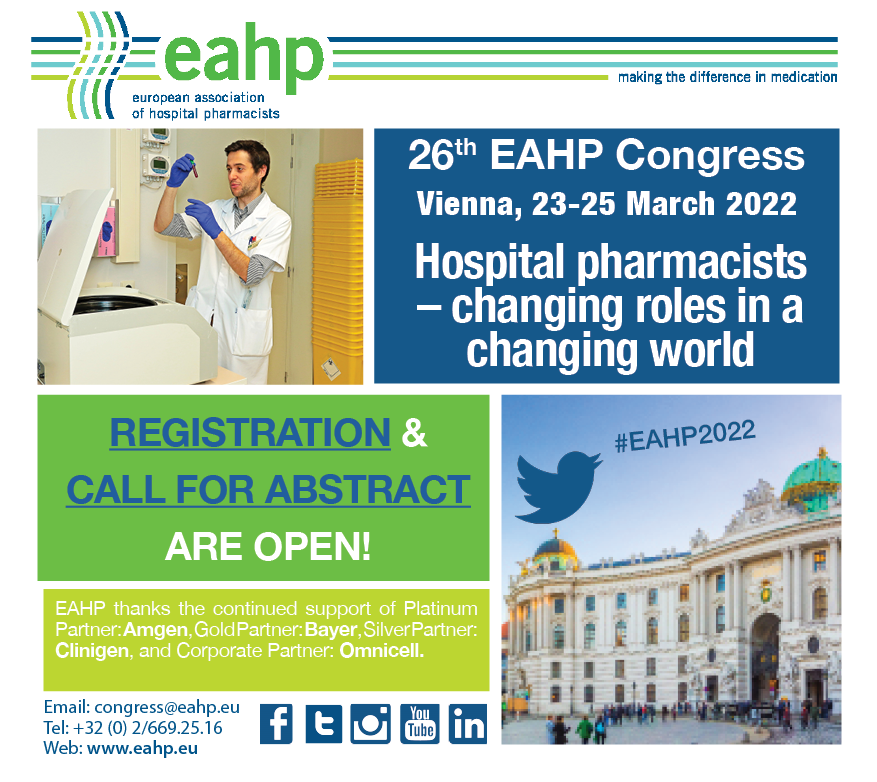
Only 1 month left to submit your abstract for EAHP’s 26th Congress taking place from the 23rd to the 25th of March 2022 in Vienna, Austria. Make sure you hand in yours by the 15th of October 2021!
Abstracts must be written in accordance with a pre-defined structure (background, purpose, materials and methods, results, conclusions) and they should not exceed the limit of 350 words. The online submission system will guide abstract authors through the process. Abstract authors are also kindly reminded to carefully read and comply with the guidelines presented on EAHP's website which outline the review process, provide guidance to those submitting abstracts for the first time and list tips on avoiding abstract rejection. Submissions of abstracts from all disciplines of hospital pharmacy or related areas are encouraged, provided that they can be linked to one of the 44 European Statements of Hospital Pharmacy. Questions concerning the abstract submission process can be addressed to abstract[at]eahp[dot]eu.
Learn more about the abstract submission process HERE
Register for EAHP’s 26th Congress HERE
Follow us on Twitter, Facebook, Instagram, and LinkedIn to stay up-to-date with the latest news from #EAHP2022
Participate in EAHP’s Survey on Hazardous Medicinal Products

To better understand the classification landscape for hazardous medicinal products in Europe, the European Association of Hospital Pharmacists (EAHP) has established a Special Interest Group (SIG) on Hazardous Medicinal Products which is seeking further input for their work by means of this survey.
Until the 10th of October, EAHP's Survey on Hazardous Medicinal Products is collecting feedback from chief hospital pharmacists across Europe on the existing classification landscape and standards. In addition, it looks at the implementation and guidelines for handling hazardous medicinal products, awareness as well as monitoring and supervision by healthcare institutions.
Hospital pharmacists and members of the multidisciplinary team – such as nurses, pharmacy technicians and others – are dealing with hazardous medicinal products in their daily work. Their safe handling is of uttermost importance for the safety of healthcare workers and patients treated with these medicines. Their classification plays an essential role in determining suitable handling procedures. However, unlike the United States, Europe does not have one single body similar to the National Institute for Occupational Safety and Health (NIOSH) that addresses all questions linked to the classification of hazardous medicinal products.
Submit your feedback via one of the six different language versions of the survey.
Access the Croatian version HERE
Access the English version HERE
Access the French version HERE
Access the German version HERE
Access the Polish version HERE
Access the Spanish version HERE
ECDC helps you boost your knowledge on antimicrobial stewardship

The European Centre for Disease Prevention and Control (ECDC) offers an e-learning course on antimicrobial resistance, focusing on antimicrobial stewardship as an approach to address healthcare-associated infections (HAI) resulting from multi-drug resistance organisms in acute care settings. The course is self-paced and takes approximately 2 hours to complete.
After completing this course, the participants will be able to understand the challenges related to antimicrobial resistance and how antimicrobial stewardship can be used as an intervention to address this burden. Health care professionals with responsibility for prevention and control of HAIs working at national or local level within the EU/EEA member states are the target audience for the course.
The objectives of this course are:
• understand the challenges related to antibiotic prescription, burden of anti-microbial resistance (AMR) and the principles of antibiotic stewardship;
• identify guidelines for treatment of specific conditions and formularies both at the national and local level;
• understand the implementation of antibiotic policies;
• understand measurement of drug usage and the prescribing indicators in relation to structure, process and outcomes;
• identify drug usage over time and interpret prescribing surveillance data;
• understand the elements and performance measurement for an antimicrobial stewardship program (AMS);
• identify interventions to improve antibiotic prescribing practices for hospitalised patients and measure intervention effect, barriers, and possible solutions.
Access ECDC’s antimicrobial stewardship online course HERE
Survey looking at the benefits of a ward pharmacist in oncology
To demonstrate the benefits of a ward pharmacist in oncology and thus help to increase the patient's therapeutic safety, a German hospital pharmacist is working on the interprofessional collaboration of ward pharmacists, doctors and nursing in oncology as part of my PhD project in clinical pharmacy. To assess the impact of possible improvements and to get the most comprehensive picture possible, it is necessary to determine the current situation throughout Europe with the help of an online survey.
Only with the kind support of hospital pharmacists across Europe, it is possible to create meaningful data. Participation only takes a few minutes and aims also at pharmacists in clinics without a cytostatics department. For representative data collection, only one answer from each hospital pharmacy is allowed. Your information will be handled strictly confidential and the results will only be published anonymously. The survey will close on the 15th of December 2021.
Access the survey HERE
EJHP: Lessons learnt from the COVID-19 pandemic: results of EAHP survey on the future crisis preparedness of hospital pharmacies
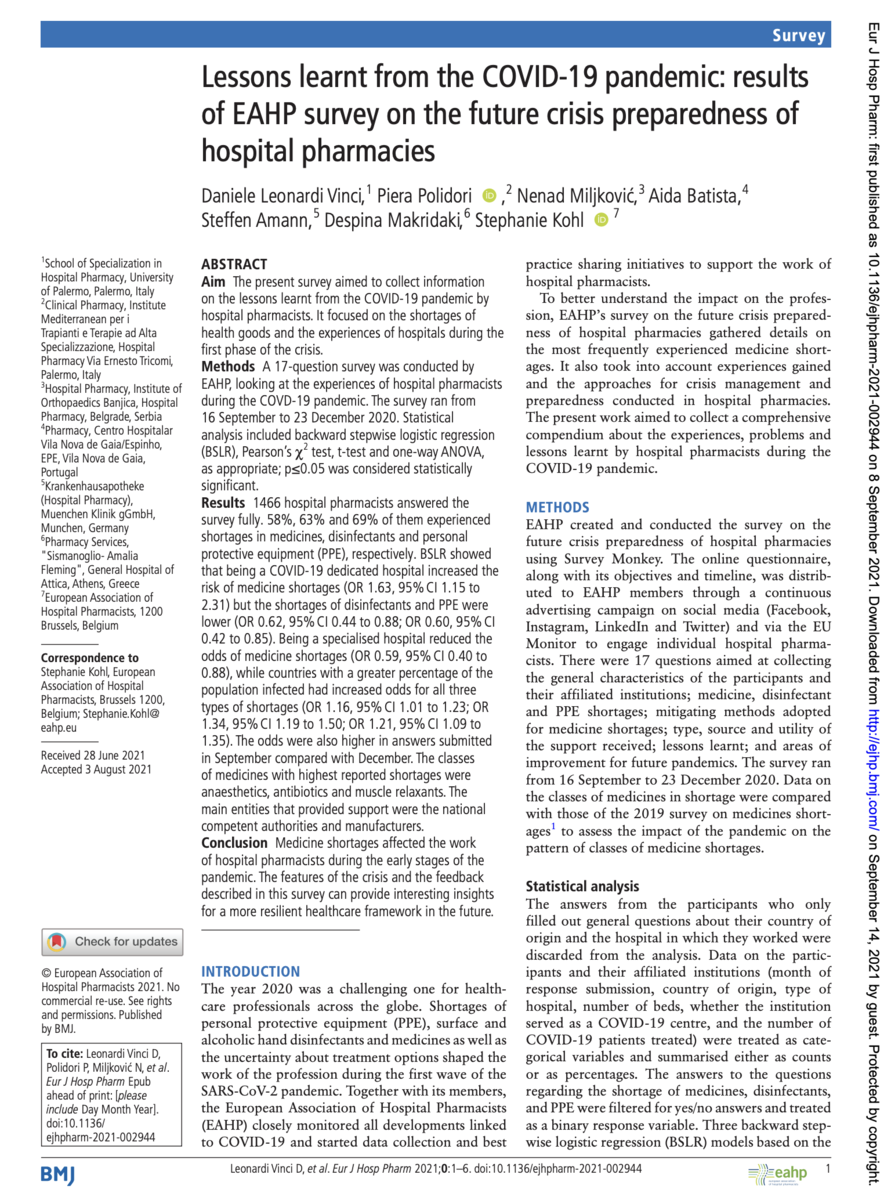
EAHP collected information on the lessons learnt from the COVID-19 pandemic by hospital pharmacists. The survey focused on the shortages of health goods and the experiences of hospitals during the first phase of the crisis. The results showed that medicine shortages affected the work of hospital pharmacists during the early stages of the pandemic. The features of the crisis and the feedback described in this survey can provide interesting insights for a more resilient healthcare framework in the future.
Read the article HERE
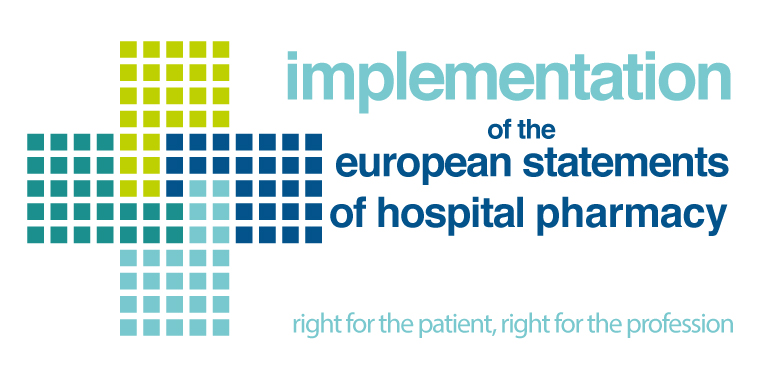
[EAHP Statement Corner]
Have you completed your SAT yet?
To help you with the implementation of the European Statements of Hospital Pharmacy, EAHP has developed a self-assessment tool (SAT) that helps you understand the level of Statement implementation in your pharmacy. The tool has been rolled out across Europe. Different language versions (Czech, English, French, German, Greek, Hungarian, Italian, Polish, Portuguese, Romanian, Serbo-Croatian, Spanish and Turkish) have been made available to enable as many hospital pharmacists as possible to use the tool. Talk to your chief pharmacist and encourage him/her to work with the SAT. In case you are the head of the pharmacy get your team together and complete your assessment today with the help of the SAT.
earn more about SAT HERE
 [Covid-19 Updates]
[Covid-19 Updates]
EAHP’s COVID-19 Resource Centre
To assist its member associations and individual hospital pharmacists in this critical time with the provision of the best possible care for patients, EAHP has decided to gather and make available information on COVID-19 relevant for the hospital pharmacy profession.
Access the Resource Centre HERE
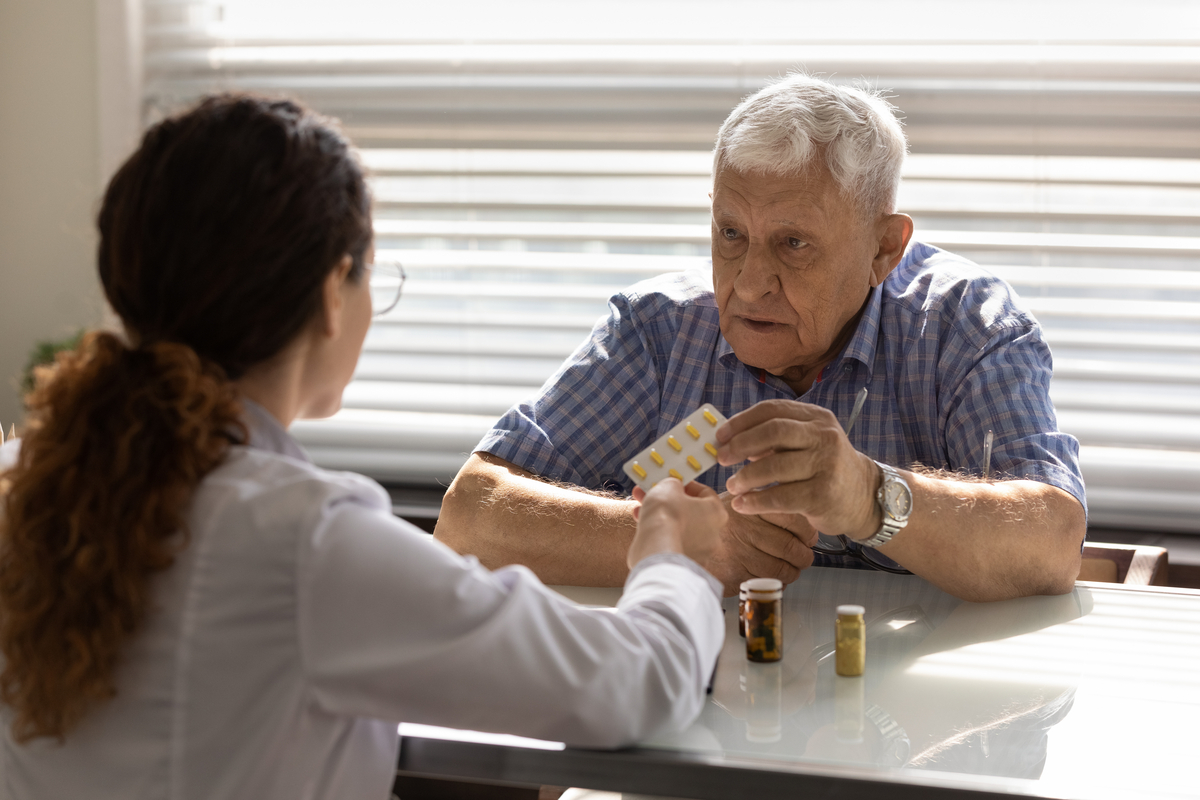 [Spotlight]
[Spotlight]
EAHP Position Paper on Access to Medicines
Ensuring that patients receive the medication they need to improve their health and to prevent and cure diseases is the key topic of EAHP’s Position Paper on Access to Medicines. Given that growing healthcare expenditure has become a problem for many European countries that also affects patients who are increasingly faced with avoidable accessibility and affordability issues, EAHP has chosen to look at the barriers to access and enablers that could help improve it.
Lack of purposeful procurement practices, national pricing and reimbursement policy choices jeopardising patients' adequate access, medicine shortages and the unavailability in certain markets that are leading to inequity between Member States are the main barriers identified in the position. For the provision of affordable medicines of good quality that are given in a timely manner to patients, EAHP advocates for breaking down these barriers to treatment access and calls for uptake of enablers that promote and safeguard the access of patients to both new life-saving medicines and older, essential medicines must be increased. Enablers mentioned refer to health technology assessments (HTAs), including common reports at EU level, collaboration and best practice sharing on pricing and reimbursement, increasing the use of prevention measures and fostering innovation and research
To achieve an equilibrium between the barriers and the enablers to treatment access, the following has been put forward by EAHP:
- Recommendation to leverage and utilise the expertise of the hospital pharmacist in pharmacoeconomics and the assessment of drug effectiveness within value-based evaluation approaches. Additionally, the implementation of the forthcoming HTA Regulation should be used for the expansion of healthcare professional input in HTAs at both European and national level.
- Support for EURIPID and the suggestion that the tool developed by this collaboration should not only be applied on its own but in conjunction with other policy measures, including transparency.
- Collaboration between hospital managers and hospital pharmacists to increase the uptake of risk assessments in hospitals.
- Investments to support the development of innovative proposals and the encouragement of practice-based research projects to investigate new fields of infectious disease control such as immunotherapy and to optimise the cost-effectiveness of systems for surveillance on antibiotic use and resistance.
In relation to the developments linked to the European Health Union aided by the implementation of the Pharmaceutical Strategy, EAHP underlined its commitment to working together with the European institutions and other stakeholders by giving a voice to access issues that otherwise might be forgotten.
Read the Position Paper on Access to Medicines HERE





